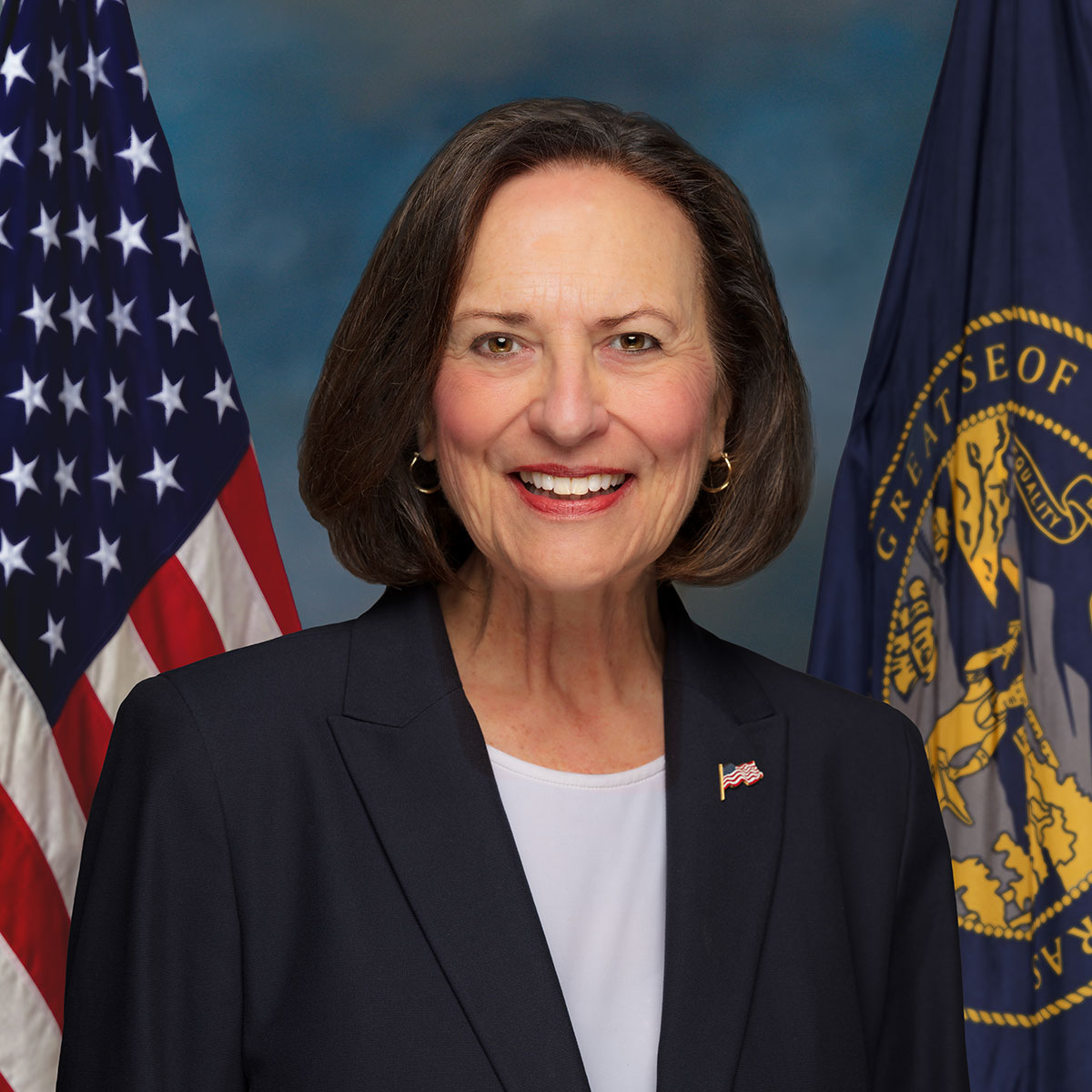![]()

By U.S. Senator Deb Fischer
In late 2021, a hidden national security problem was finally unveiled. The Fufeng Group, a Chinese agribusiness, bought up 300 acres of farmland in east North Dakota. But it wasn’t just any farmland. The purchase was located in Grand Forks, right around the corner from Grand Forks Air Force Base.
Because of China’s history of illicit surveillance, this incident set off national alarm bells. The Chinese government has laws that enable the Chinese Communist Party to access information held by Chinese corporations, so the proximity of this Chinese business to a U.S. military base raised concerns that the nation might be using agriculture as a front for espionage. That’s why before Fufeng set down its roots in North Dakota, the Air Force warned that the company’s “proposed project presents a significant threat to national security with both near- and long-term risks of significant impacts to our operations in the area.”
The Fufeng purchase, however, was just one link in a chain of unsettling Chinese purchases over the past decade. According to the U.S. Department of Agriculture (USDA), the total value of Chinese ownership of U.S. farmland rose from $81 million in 2010 to $1.9 billion in 2022—by a factor of over 20.
The data we have on Chinese farmland ownership is concerning. But what’s more concerning is the data we don’t have. The USDA’s current processes for recording foreign land ownership information are outdated and lack transparency. In particular, there are inaccuracies in information publicly posted by the Farm Service Agency (FSA). This creates confusion and undermines the credibility of data published by the FSA. That’s unacceptable—this issue calls for openly providing accurate information to both lawmakers and the American public.
That’s why this week, I joined my colleagues in sending a bipartisan letter to the USDA urging the agency to modernize and improve its foreign land ownership disclosure process. We asked the USDA to disclose the measures it is taking to identify and correct inaccuracies, as well as how often the FSA reviews published information for accuracy. We also asked the agency to disclose its process for reporting inaccuracies in published information and its plans to improve the accuracy of data entry.
In addition to this week’s letter, I signed onto my colleague Senator Tommy Tuberville’s (R-Ala.) Foreign Adversary Risk Management (FARM) Act last year. The FARM Act would make large-scale, long-term strides to ensure that foreign purchases of American land are above board. The bill would place the Secretary of Agriculture on the Committee on Foreign Investment in the U.S. (CFIUS), a team of government officials who approve or deny foreign investment acquisitions in our country, and require a review of transactions resulting in foreign ownership of U.S. agriculture businesses. It would classify agriculture supply chains as critical infrastructure and critical technologies to prioritize their security, and it would require the USDA and U.S. Government Accountability Office to report to Congress on the foreign investments in the agriculture industry.
Since the Fufeng Group purchase in 2021, just a couple hundred miles north of our state, I’ve heard from thousands of Nebraskans concerned about foreign ownership of American land. Our state and our country both need comprehensive information on this issue, and they need policy changes that will protect our farmland from bad actors. I urge the USDA to cooperate with Congress and my Senate colleagues to support the FARM Act.
Thank you for participating in the democratic process. I look forward to visiting with you again next week.
